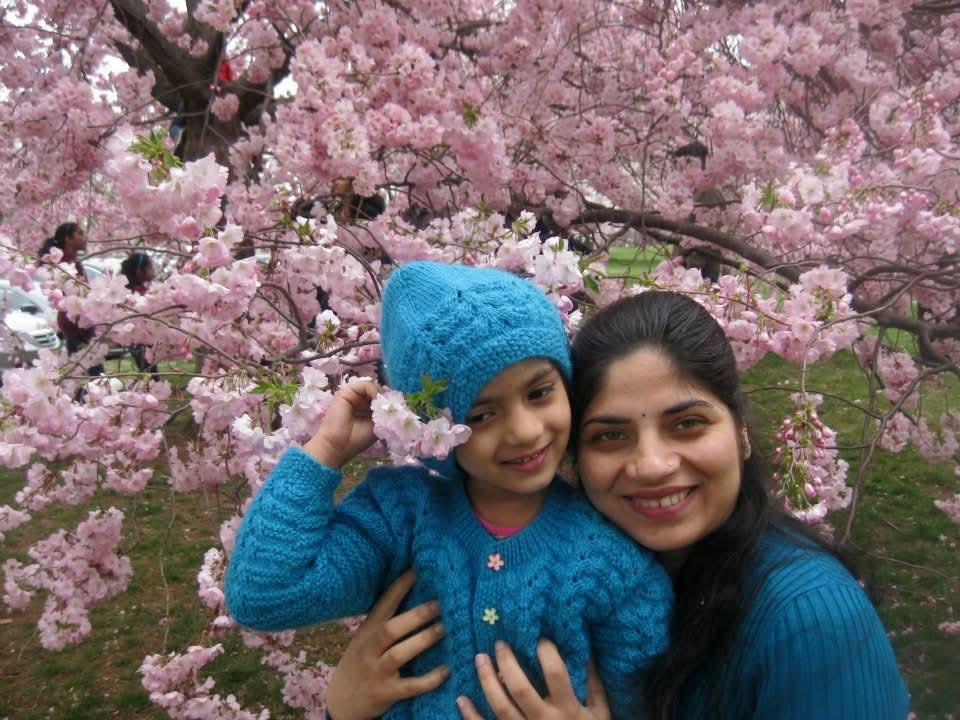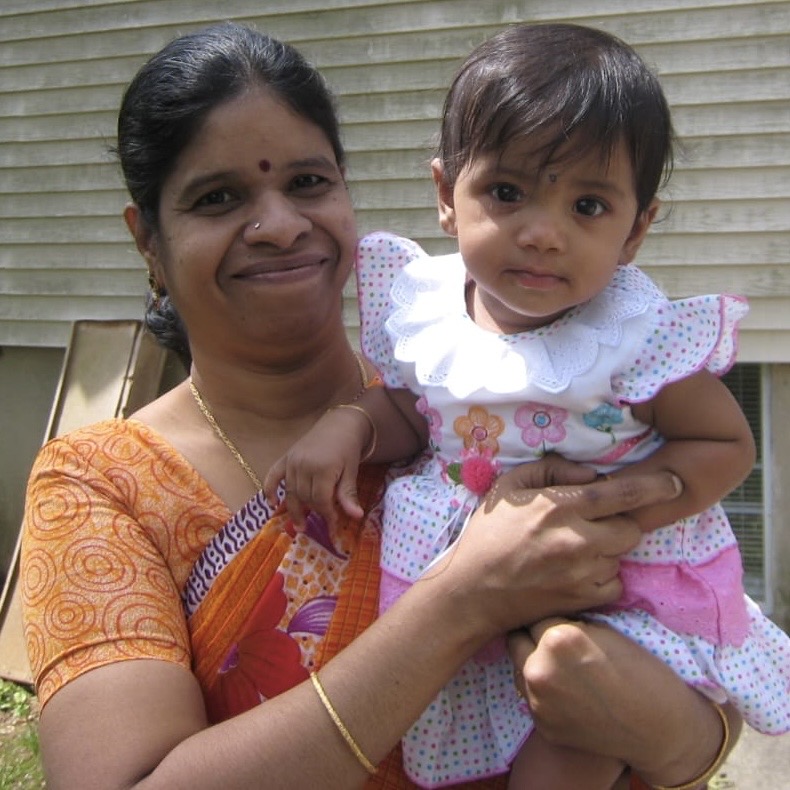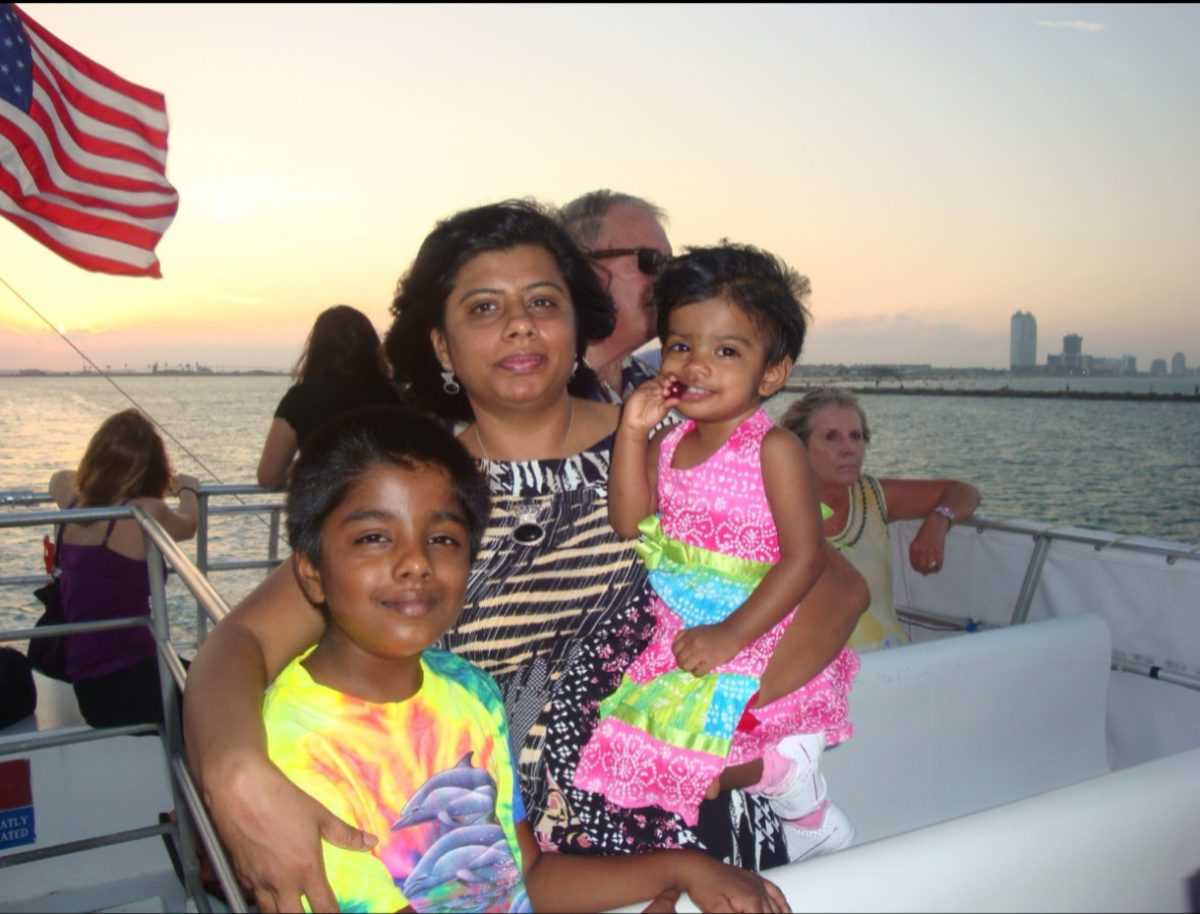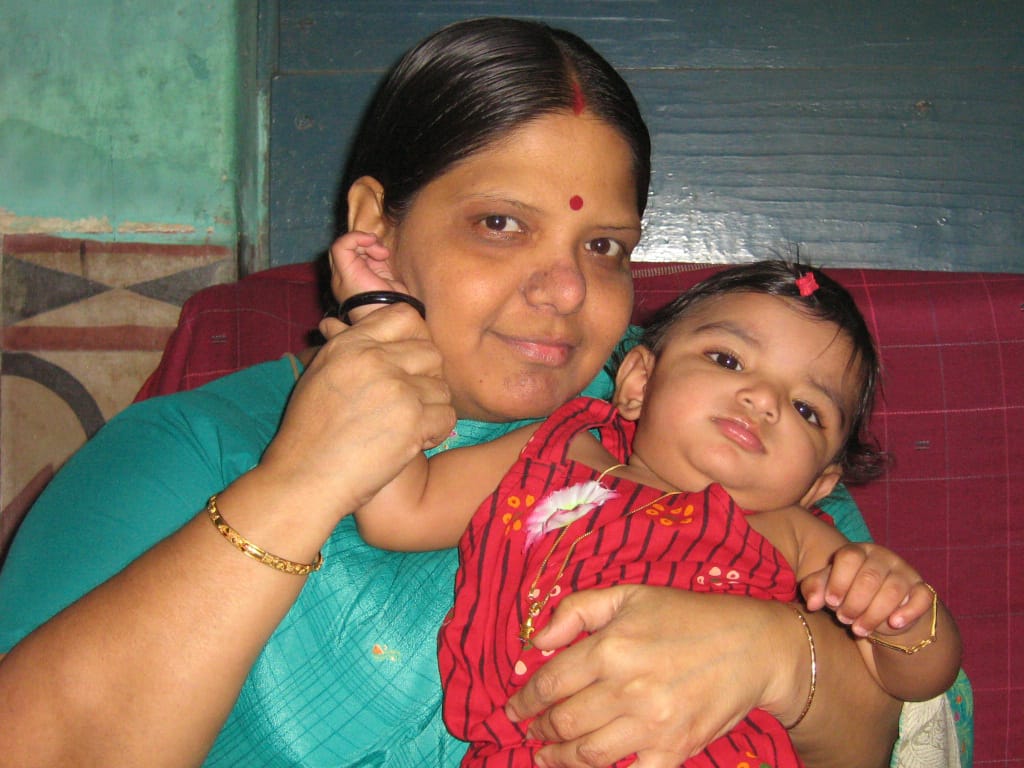Madison Ford
Staff Writer
Who do you call when your country is in peril? What country holds the responsibility of the protector? It seems this burden, or perhaps privilege, has fallen on the United States.
However, the United States’ penchant for aiding other nations comes under fire at times. Why send aide to others when we are so in need of it ourselves?
While it is easy to sit back and renounce responsibility, we are not just United States citizens, we are world citizens.
It cannot be denied the United States is facing numerous social and economic woes. From a recession to natural disasters and poverty, we feel overwhelmed with the weight of our problems. However, whenever another country calls for assistance, we graciously pour manpower, resources and money into relieving their troubles. Yes, it would be easy to rationalize not helping due to our own issues; however, that would not only be neglecting our responsibility as a world citizen, but as human beings, as well.
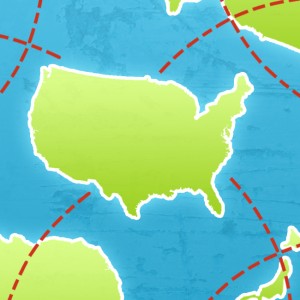
There was once a time when the United States clung to isolationist policies. We were content in the thought that we could be our own island of concern in a sea of global troubles, and as long as we paid no mind to the woes of other nations, we could preserve our patriotism and address our own problems in a more effective way. It took two World Wars to show us the answer to global peace and prosperity cannot be achieved be turning a blind eye to our neighbors.
We are intrinsically tied to other nations because when it comes down to it, we are all human.
When it comes down to it, a tsunami in Thailand or an earthquake in Haiti does concern us. Just as we are willing to rescue and defend United States citizens from harm, we should be just as willing to aide our fellow world citizens.
We have our own troubles, it is true, and they should not be neglected. However, it would be shallow to presume the state of our nation is facing as much economic and social hardship as others. There are nations throughout the world lacking the basic necessities of running water and freedom.
Perhaps it is naïve to believe world peace and security is attainable. But if we are not constantly striving for that goal, we will not just fall short; we will miss the target entirely. We are lucky enough to have a government willing and able to protect us from enemies, pull us out of the despair of natural disasters and provide opportunities to escape the cycle of poverty. We cannot afford to be selfish with the resources that we have available.
By setting an example for the world, we can urge others to take up the same supportive mindset as well. Maybe then, we can start to lean on one another and when the world seems to be crashing down.



